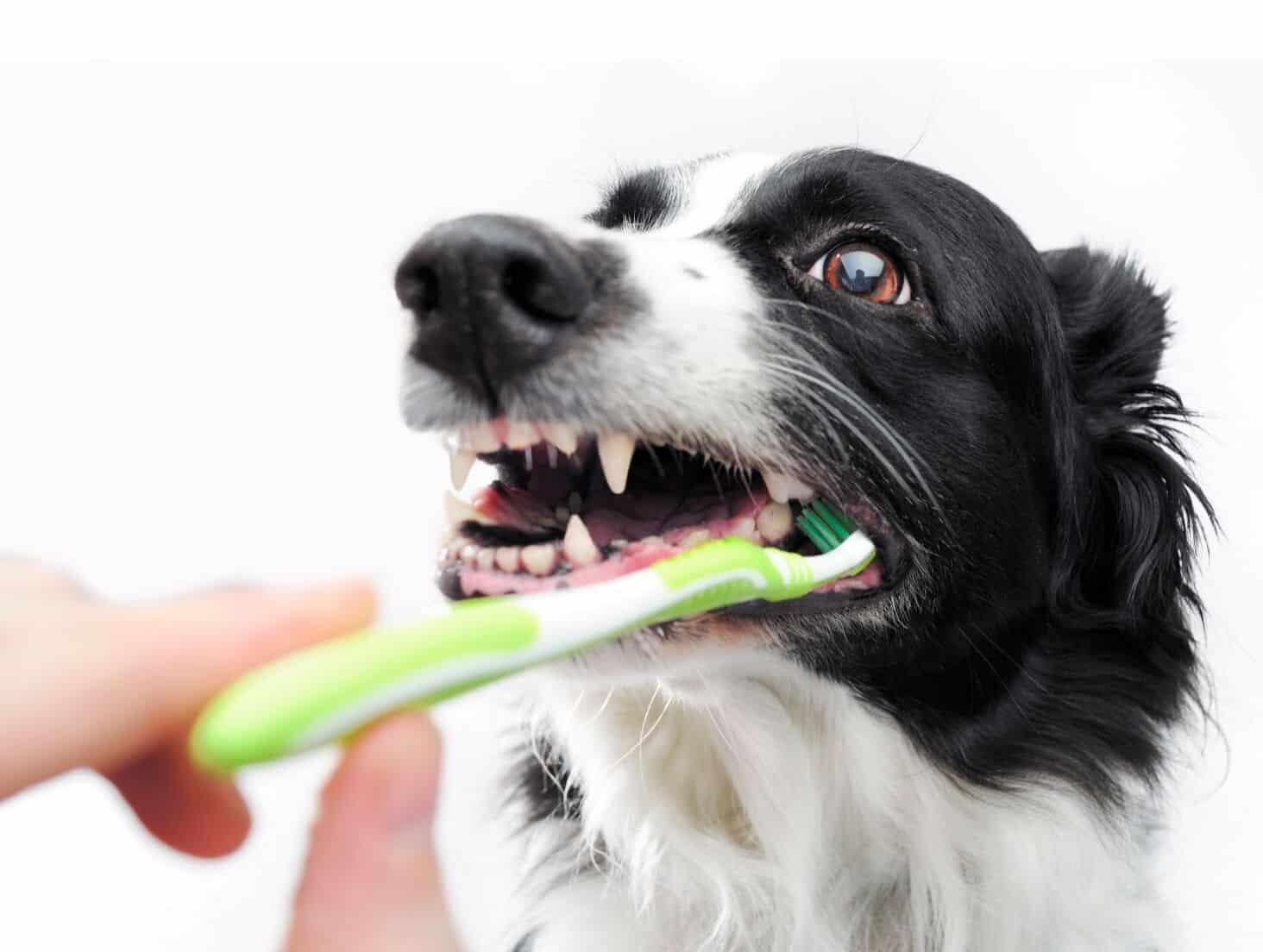Usually, when we talk about a dog’s health issue, we refer to physical health conditions. It’s hard for us owners to think our dogs might suffer from depression. But, can dogs get depressed? The straight answer is yes. Taking care of our dog’s mental health is just as important as his physical health and it’s a full-time job.
Dogs' depression can have many reasons. However, it can be hard to diagnose in dogs, because, just like in humans, symptoms don’t show physical conditions, and we can’t ask our pups how they feel. Hence, we need to pay extra attention to our dog’s expressions since the only way they can express their discomfort is through their body language.
Why can dogs get depressed?
A lot of factors can have an impact on dogs’ emotional health.
Changes in their routine: Dogs love routine and find it reassuring. Major changes in their environment, like moving houses, the arrival of a new family member, can represent an aggressive change in their routine, and dogs get depressed as a result.
Anxiety: There are many situations that can trigger your dog’s anxiety (separation, loud noises, traveling, etc.). If these situations repeat often, they can cause depression. To provide relief in these special situations, you can try our Hemp Calming Support, made of all-natural ingredients.
Traumatic events: Grief can be a cause of depression as well. If one member of the family moved out, or your neighbor’s dog passed away, your dog can mourn it deeply.
Boredom: Mental stimulation through games and daily walks is key. If you neglect this area of their wellbeing, it can cause boredom, under-stimulation, and depression.
Empathy: Dogs copy their owner’s behaviors and adopt their moods. So, if you are going through a rough patch, it is absolutely normal your dog will feel it too.
How do I know if my dog suffers from depression?

Mental health is just as important as physical health, and taking care of it is our responsibility as owners. According to the signs a depressed dog might present, we've developed a quick quiz to assess if some of your dog's behaviors need your close attention:
-
Exaggerated sleeping: Dogs usually sleep 13-15 hours a day. If this cipher is outnumbered by your dog, it can be a cause of concern.
-
Considerably decreased eating: Any change in his eating habits (along with other symptoms) can be an indicator of depression.
-
Excessive licking: Licking is a sign of boredom and anxiety. Even if your dog does not suffer from depression, you should try to eliminate this practice.
-
Low activity levels: If they don’t move as often, refuse to walk outside, and spend all day lying on his bed, dogs can get depressed.
- Less interaction with dogs and people: If your dog shows no excitement when seeing other dogs or when you return home from work, keep an eye on him.
If your dog presents at least 3 of these symptoms, then you should probably take him to the vet for a check-up. It might be nothing, but better safe than sorry.
Depression needs diagnosis and treatment. If two or more of these behaviors sound familiar, consult with your vet to rule out any physical condition and follow his/her recommendations.

















